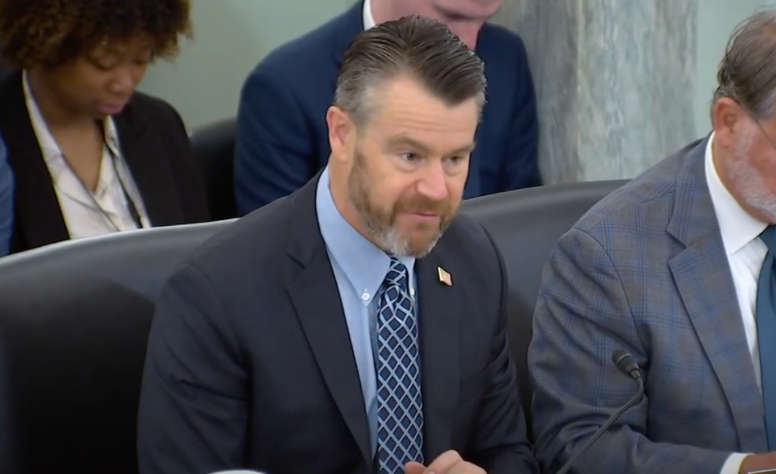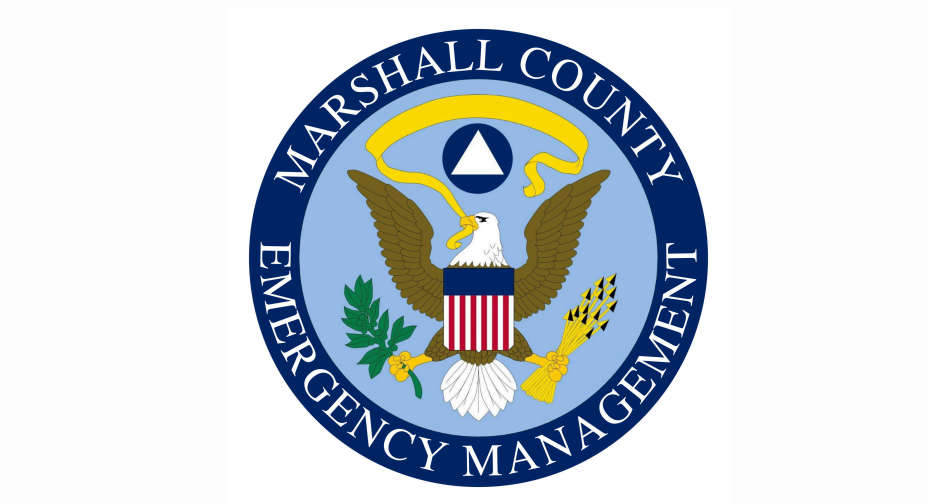
Wednesday, U.S. Senators Todd Young (R-Ind.) and Maggie Hassan (D-N.H.) introduced the American Innovation and Jobs Act, legislation that will expand and strengthen research and development (R&D) by small businesses and startups in the United States. The bill will help America outcompete and out-innovate global rivals, like China, who are significantly investing in R&D.
Companies and startups investing in R&D have long been able to either claim a tax credit or deduct their investments, which helps them to invest in developing new, innovative products that lead to additional jobs and a stronger economy. In 2017, Congress passed the Tax Cuts and Jobs Act, which included a provision that expired in 2022 allowing full expensing of R&D.
With the ultimate goal of investing in cutting-edge American technologies, the bill would extend and make permanent that expired provision. The legislation would also permanently restore full expensing of R&D costs while allowing businesses to retroactively take advantage of the deduction for the tax years during which full expensing had expired. Prioritizing R&D investment is critically important as adversaries like China are attempting to out-innovate the United States.
“The United States is locked in a competition to ensure we maintain our position as the global leader in scientific and technological innovation. Our legislation would incentivize job-creating R&D activity in the United States – particularly among start-ups – to drive our innovation future, strengthen international competitiveness, and protect our national security. Congress must pass this legislation,” said Senator Young.
“As many small businesses struggle with rising costs, this bipartisan legislation cuts taxes for small businesses that invest in innovation, which will also help the United States continue to outcompete our adversaries like China,” said Senator Hassan.
More specifically, the American Innovation and Jobs Act would:
- Restore incentives for long-term R&D investment by ensuring that companies can continue to fully deduct R&D expenses each year by repealing the change made by the Tax Cuts and Jobs Act to section 174 of the tax code.
- Expand support for innovative startups by:
- Immediately doubling the cap on the refundable R&D tax credit from $250,000 to $500,000, and ultimately raising it to $750,000 over ten years.
- Expanding access to the R&D tax credit for startups by lowering certain threshold needed to qualify.
- Expand the number of startups eligible to use the refundable R&D credit by:
- Increasing the eligibility threshold from $5 million to $15 million in gross receipts.
- Increasing the period during which startups can claim the credit from 5 years to 8 years after beginning to generate at least $25,000 in revenue.
In addition to Senators Young and Hassan, Senators James Lankford (R-Okla.), Jeanne Shaheen (D-N.H.), Steve Daines (R-Mont.), Mark Warner (D-Va.), John Barrasso (R-Wyo.), Jacky Rosen (D-Nev.), Thom Tillis (R-N.C.), Gary Peters (D-Mich.), Roger Marshall (R-Kansas), Alex Padilla (D-Calif.), Tommy Tuberville (R-Ala.), Patty Murray (D-Wash.), John Kennedy (R-La.), Amy Klobuchar (D-Minn.), Pete Ricketts (R-Neb.), Mark Kelly (D-Ariz.), Katie Britt (R-Ala.), Tim Kaine (D-Va.), Shelley Moore Capito (R-W.Va.), Catherine Cortez Masto (D-Nev.), Deb Fischer (R-Neb.), Tammy Baldwin (D-Wis.), Jerry Moran (R-Kansas), Ben Ray Lujan (D-N.M.), Bill Hagerty (R-Tenn.), Chris Coons (D-Del.), Markwayne Mullin (R-Okla.), Elissa Slotkin (D-Mich.), Roger Wicker (R-Miss.), Angus King (I-Maine), Ted Budd (R-N.C.), Jon Ossoff (D-Ga.), Jon Husted (R-Ohio), and Martin Heinrich (D-N.M.) also co-sponsored the legislation.
The legislation is endorsed by the R&D Coalition, which includes companies of all sizes and many trade associations including Business Roundtable, National Association of Manufacturers, Information Technology Industry Council, and the U.S. Chamber of Commerce.
Senator Young introduced the American Innovation and Jobs Act in 2021 and penned an op-ed in March about the importance of R&D investment to our national and economic security.
Full text of the legislation can be found here.


 Fire damages pumps and semi at Love's Truck Stop Tuesday morning
Fire damages pumps and semi at Love's Truck Stop Tuesday morning
 Marshall County Commissioners approve 2026 Legal Services Agreement
Marshall County Commissioners approve 2026 Legal Services Agreement
 Marshall County Offices to close Friday for annual holiday employee luncheon
Marshall County Offices to close Friday for annual holiday employee luncheon
 Marshall County Community Foundation awards PHS student Lilly Endowment Community Scholarship
Marshall County Community Foundation awards PHS student Lilly Endowment Community Scholarship
 U.S. Senator Young leads effort to designate Calumet Region as National Heritage Area
U.S. Senator Young leads effort to designate Calumet Region as National Heritage Area
 Indiana September 2025 Employment Report
Indiana September 2025 Employment Report
 Recycle Depot not accepting plastic, aluminum for now
Recycle Depot not accepting plastic, aluminum for now
 Marshall County EMA Board meeting Thursday
Marshall County EMA Board meeting Thursday




